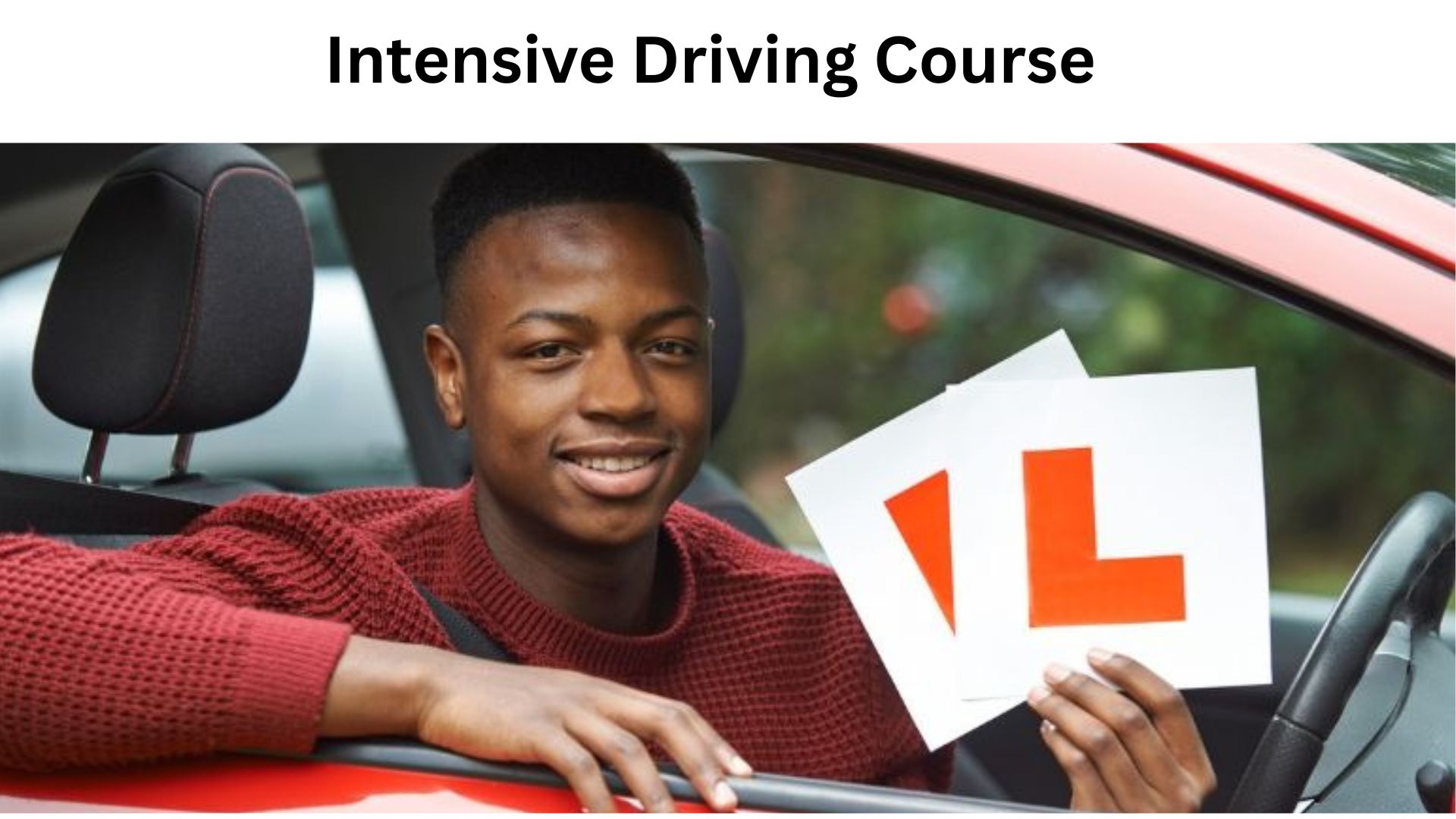
Ever felt frustrated by the slow pace of weekly driving lessons? If you’re eager to get your license quickly, an intensive driving course might be exactly what you need. These courses are designed to fast-track your learning, condensing months of practice into just a few days or weeks.
But are they worth it? Let’s break down what intensive driving courses involve, who they suit best, and whether they could help you pass your test faster.
What Is an Intensive Driving Course?
An intensive driving course (sometimes called a “crash course”) is a structured training program that packs multiple driving lessons into a short period.
Instead of one or two lessons per week, you’ll often train for 4–6 hours a day across 5 to 10 days. The idea is to give you consistent practice, reduce gaps between lessons, and prepare you for the driving test in record time.
Benefits of an Intensive Driving Course
Here’s why many learners choose this route:
-
Faster results – You can go from beginner to test-ready in just a few weeks.
-
Better knowledge retention – Daily practice helps reinforce skills without long breaks.
-
Cost-effective – While the upfront cost seems high, you may save money compared to months of spread-out lessons.
-
Ideal for busy schedules – Perfect if you need to learn before starting a new job, school, or moving abroad.
Who Should Consider an Intensive Driving Course?
An intensive course isn’t for everyone. It works best if you:
-
Have some prior driving experience or knowledge of the basics.
-
Can commit full days to training without major distractions.
-
Learn best with focused, hands-on practice.
-
Need a license quickly for work, travel, or personal reasons.
How Long Do Intensive Driving Courses Last?
The length depends on your experience:
-
Beginner: 40–50 hours, usually spread across 2 weeks.
-
Intermediate: 20–30 hours, often completed within 1 week.
-
Experienced learner: 10–15 hours to polish skills before the test.
Many schools also offer a “test-ready package” that includes your practical test booking at the end of the course.
Costs of an Intensive Driving Course
Prices vary based on location, duration, and instructor. On average:
-
10-hour refresher course: £300–£500 ($350–$600)
-
20–30 hours (1 week): £800–£1,200 ($1,000–$1,400)
-
40–50 hours (2 weeks): £1,400–£2,000 ($1,600–$2,400)
While it seems costly upfront, remember that traditional weekly lessons may add up to a similar or higher total over time.
Pros and Cons of Intensive Driving Courses
Pros:
-
Learn quickly with daily practice.
-
Stay motivated and focused.
-
Save time compared to months of lessons.
Cons:
-
Can feel overwhelming or exhausting.
-
Expensive if you fail and need extra hours.
-
Not ideal for nervous or very new drivers.
Tips for Success in an Intensive Driving Course
-
Book your theory test in advance—most providers require it before starting.
-
Choose a DVSA-approved instructor or school.
-
Get plenty of rest between lessons to stay sharp.
-
Be honest with yourself about your learning pace.
-
Practice outside lessons if possible to build confidence.
FAQs About Intensive Driving Courses
1. Can you really pass in a week with an intensive driving course?
Yes, many learners pass within a week, but success depends on your starting skill level and how well you handle intensive learning.
2. Do intensive driving courses guarantee a pass?
No. Some schools advertise “guaranteed pass” deals, but in reality, no course can promise success. They may offer free re-tests instead.
3. Is an intensive driving course cheaper than regular lessons?
It can be. Since you’re learning faster, you may need fewer total hours compared to spreading lessons over months.
4. What happens if I fail after taking the course?
You’ll need to rebook your test and possibly take extra lessons, which means added cost.
5. Are intensive courses suitable for nervous drivers?
They can be—but for some, the fast pace may increase anxiety. A semi-intensive approach might be better.
Read also: AA Used Cars – A Complete Guide to Buying with Confidence
Conclusion
An intensive driving course can be the fastest way to get your license, offering focused training, faster progress, and potentially lower overall costs. However, it’s not the best fit for everyone. If you thrive under pressure and need to pass quickly, this option could be perfect for you.